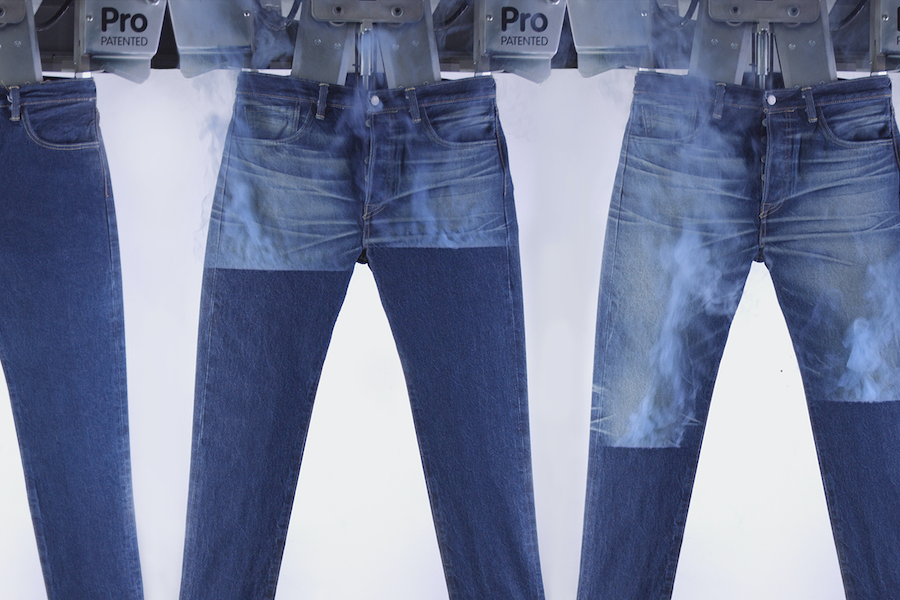#Sustainability
SABIC moves low-carbon-emitting technologies initiative to next level
The project development company (PDC) will be designed and developed by an inclusive stakeholder primacy collaboration between SABIC, Air Liquide, BASF, Clariant, Covestro, Dow, Mitsubishi Chemical Corp., Royal DSM, SIBUR, Solvay and World Economic Forum, and is supported by The Mission Possible Partnership.
The joint undertaking represents the LCET initiative’s seminal transition from a knowledge sharing platform to the implementation vehicle as envisioned at its 2019 founding, and on course with its original mandate to accelerate greenhouse gas (GHG) reduction in the chemical production value chain. The Forum-hosted collaboration is designed to foster creative public/private partnerships, partnerships and to enable pre-competitive cooperation especially on common challenges to the industry to drive sustainable solutions and collectively solve challenges on the path to carbon neutrality.

“As the LCET initiative moves into the critical implementation stage, it will demonstrate the groundbreaking innovation that our industry can achieve through collaboration”, said Yousef Al-Benyan, Vice Chairman and CEO of SABIC, and LCET Co-Chair. “By working together to co-develop and upscale low carbon-emitting technologies, we will accelerate circular carbon economy journey to carbon neutrality.”
Chemicals are essential for more than 95% of the world’s manufactured goods and, consequently, the sector is currently responsible for around 5% of total GHG emissions. Worldwide product demand is expected to quadruple by 2050.
LCET technology teams have identified technical principles and specific measures that can convert traditional operating models into net-zero production methodologies. Through the PDC, these LCET pioneers will be embarking along two value chains that are the largest sources of chemical GHG emissions: olefin production via steam cracking, and ammonia production based on dedicated hydrogen generation from methane or water.
The first joint programs are on the way with an emerging R&D Hub for plastic waste processing, and a collaborative project between SABIC and BASF together with technology provider Linde on the world’s first electrically heated steam cracker furnace. Further efforts such as hydrogen generation in low carbon processes, the use of CO2 and biomass as feedstock, and the overall electrification of chemical operations will be addressed in the PDC pipeline.
“The transformation toward climate neutrality is a must. Therefore, we need to translate climate targets now into concrete measures. We collaborate in the LCET initiative to jointly accelerate breakthrough technologies. We join forces to tackle critical technology challenges that cannot be tackled by a single company alone,” said Dr. Martin Brudermüller, BASF Chairman of the Board of Executive Directors and LCET Chair. “Sharing technology and business risks in innovative ways is key to mastering this challenge successfully.”
Though technological challenges common to the sector can be addressed in intra-industry collaboration, deploying these new technologies on a commercial scale bears significant economic risk. Chemical companies continue advancing individual efforts; however, in order to transform the entire sector, it will require massive capital investment, regulatory support, and further coordination between financial partners, innovators, academic institutions, governments, and civil society.
The LCET initiative aims to foster alliances, potentially structured as joint ventures or start-up companies, to prioritize and innovate to share knowledge and reduce investment risks. For example, co-investment into large projects that couldn’t be financed by one party; joint IP schemes and complementary engagement with policy makers, regulators, and financial players; and co-marketing opportunities and demand creation for low-carbon products all can work together to encourage infrastructure development that enables low-carbon solutions in large systems such as electrical grids and pipelines.
This effort calls for new ways to finance net-zero solutions, creative sharing of expertise, and for more producers, technology providers and value chain partners to join the LCET initiative in meeting the Paris agreement and UN 2050 sustainability goals.
“LCET members are to embark together on the journey to net-zero emissions in the chemical industry by 2050,” said Roberto Bocca, Head of Shaping the Future of Energy and Materials; Head of Partner Engagement, Europe and North America; Member of the Executive Committee, World Economic Forum. “This will require extraordinary business transformation and unprecedented partnerships both within the private sector and with governments.”















